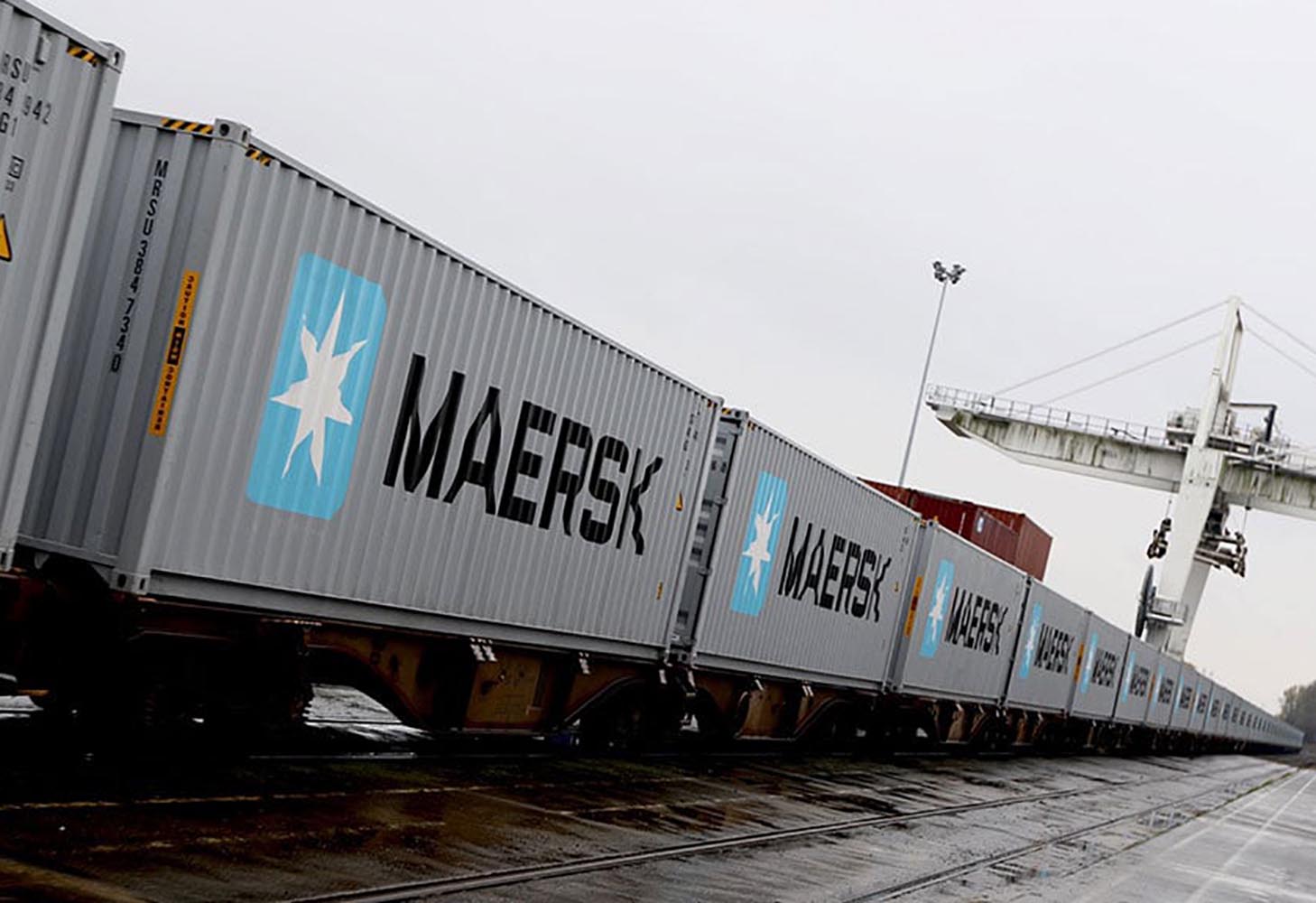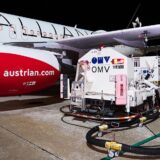
First-ever 2G biofuels to pilot in Spanish rail transport
Spain’s multinational energy Cepsa announced that it was participating in a three-month pilot on the use of second-generation (2G) biofuels in Spanish rail transport, alongside logistics company Maersk and Renfe Mercancías Locomotives. The pilot aims to test potential decarbonisation solutions for the transport of Maersk customer shipments along the Algeciras to Madrid rail corridor. The trial will kick off in early July and is the first test involving 2G biofuels in Spanish rail transport.
Locomotives can substitute conventional diesel with second-generation biofuels without engine modifications, achieving a potential reduction in carbon dioxide emissions of up to 90%. Cepsa will provide 160 tonnes of renewable diesel from its La Rábida Energy Park in Huelva, Spain, for use in the trial. The advanced biofuels will be produced from used cooking oils.
Renewable diesel will power five weekly round trips on the non-electrified rail segment between Algeciras and Cordoba. Maersk’s freight will complete the journey from Cordoba to the capital on electric trains powered by renewable energy. The application of 2G biofuels is expected to have eliminated 600 tons of greenhouse gases by the completion of the project.
The three companies will analyse test data to establish the feasibility of green fuels as an alternative to conventional diesel, with the overall aim of converting the Algeciras-Madrid rail corridor into a sustainable route.
“This innovative rail project in Spain marks a very important milestone in a much bigger plan for achieving our net-zero target,” says Emilio de la Cruz, managing director of Maersk’s Southwest Europe and Maghreb Area. Maersk has previously announced its intention to become net zero across its entire business by 2040.
Spain’s rail network is progressively being electrified. However, 35% of all Spanish railways are still on non-electrified lines. Renfe Mercancías has been exploring alternatives to the use of fossil fuels on non-electrified lines. The development of green fuels not only contributes to the overall goal of reducing emissions in the transportation sector but also gives our diesel locomotives a second life, says Joaquín del Moral, general manager of Renfe Mercancías.














